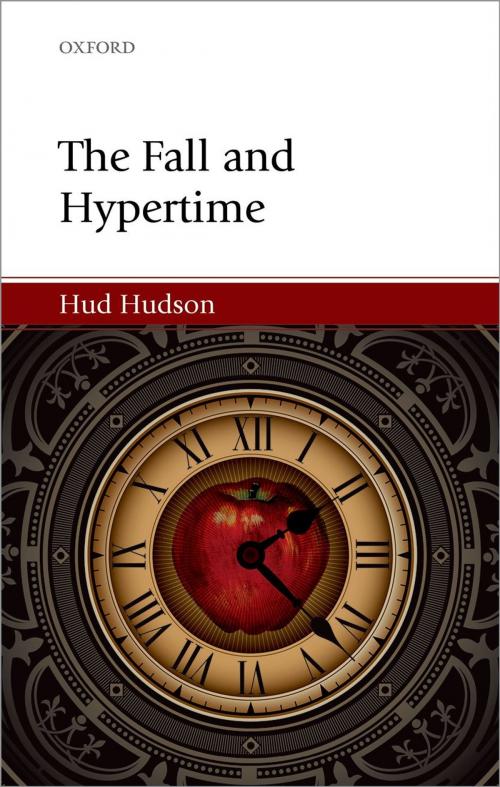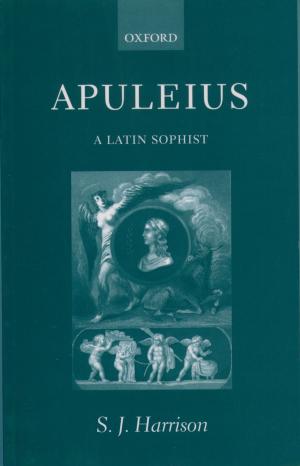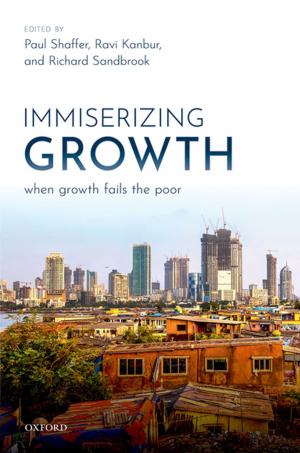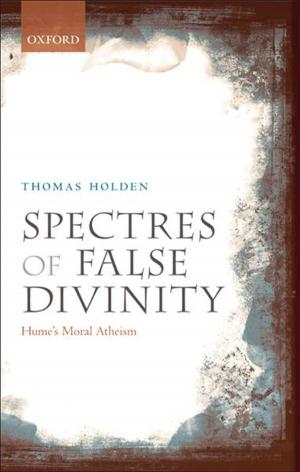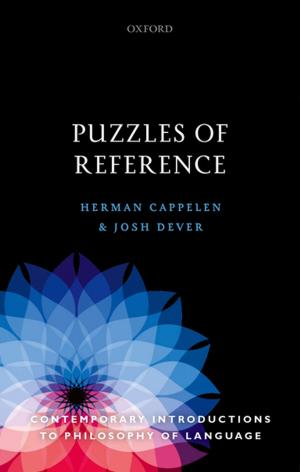The Fall and Hypertime
Nonfiction, Religion & Spirituality, Philosophy, Religious, Science & Nature, Science| Author: | Hud Hudson | ISBN: | 9780191043994 |
| Publisher: | OUP Oxford | Publication: | June 26, 2014 |
| Imprint: | OUP Oxford | Language: | English |
| Author: | Hud Hudson |
| ISBN: | 9780191043994 |
| Publisher: | OUP Oxford |
| Publication: | June 26, 2014 |
| Imprint: | OUP Oxford |
| Language: | English |
Frequently, alleged irreconcilable conflicts between science and religion are instead misdescribed battles concerning negotiable philosophical assumptions—conflicts between metaphysics and metaphysics. Hud Hudson provides a two-stage illustration of this claim with respect to the putative inconsistency between the doctrines of The Fall and Original Sin and the deliverances of contemporary science. The tension in question emerges through a study of the many forms the religious doctrines have assumed over the centuries and through a review of some well-established scientific lessons on the origin and history of the universe and of human persons. The first stage: After surveying various paths of retreat which involve reinterpreting and impoverishing Original Sin and minimizing and dehistoricizing The Fall, one version of moderate realism about the doctrines is articulated, critically evaluated, and found both consistent with contemporary science and suitable to play a crucial role in the theist's confrontation with the Problem of Evil. The second stage: Recent work in the philosophy of time and in the philosophy of religion provides intriguing support for a Hypertime Hypothesis (a species of multiverse hypothesis), distinctive for positing a series of successive hypertimes, each of which hosts a spacetime block. After arguing that the Hypertime Hypothesis is a genuine epistemic possibility and critically discussing its impact on a number of debates in metaphysics and philosophy of religion, Hudson reveals a strategy for unabashed, extreme literalism concerning The Fall and Original Sin which nevertheless has the extraordinary and delightful feature of being thoroughly consistent with the reigning scientific orthodoxy.
Frequently, alleged irreconcilable conflicts between science and religion are instead misdescribed battles concerning negotiable philosophical assumptions—conflicts between metaphysics and metaphysics. Hud Hudson provides a two-stage illustration of this claim with respect to the putative inconsistency between the doctrines of The Fall and Original Sin and the deliverances of contemporary science. The tension in question emerges through a study of the many forms the religious doctrines have assumed over the centuries and through a review of some well-established scientific lessons on the origin and history of the universe and of human persons. The first stage: After surveying various paths of retreat which involve reinterpreting and impoverishing Original Sin and minimizing and dehistoricizing The Fall, one version of moderate realism about the doctrines is articulated, critically evaluated, and found both consistent with contemporary science and suitable to play a crucial role in the theist's confrontation with the Problem of Evil. The second stage: Recent work in the philosophy of time and in the philosophy of religion provides intriguing support for a Hypertime Hypothesis (a species of multiverse hypothesis), distinctive for positing a series of successive hypertimes, each of which hosts a spacetime block. After arguing that the Hypertime Hypothesis is a genuine epistemic possibility and critically discussing its impact on a number of debates in metaphysics and philosophy of religion, Hudson reveals a strategy for unabashed, extreme literalism concerning The Fall and Original Sin which nevertheless has the extraordinary and delightful feature of being thoroughly consistent with the reigning scientific orthodoxy.
